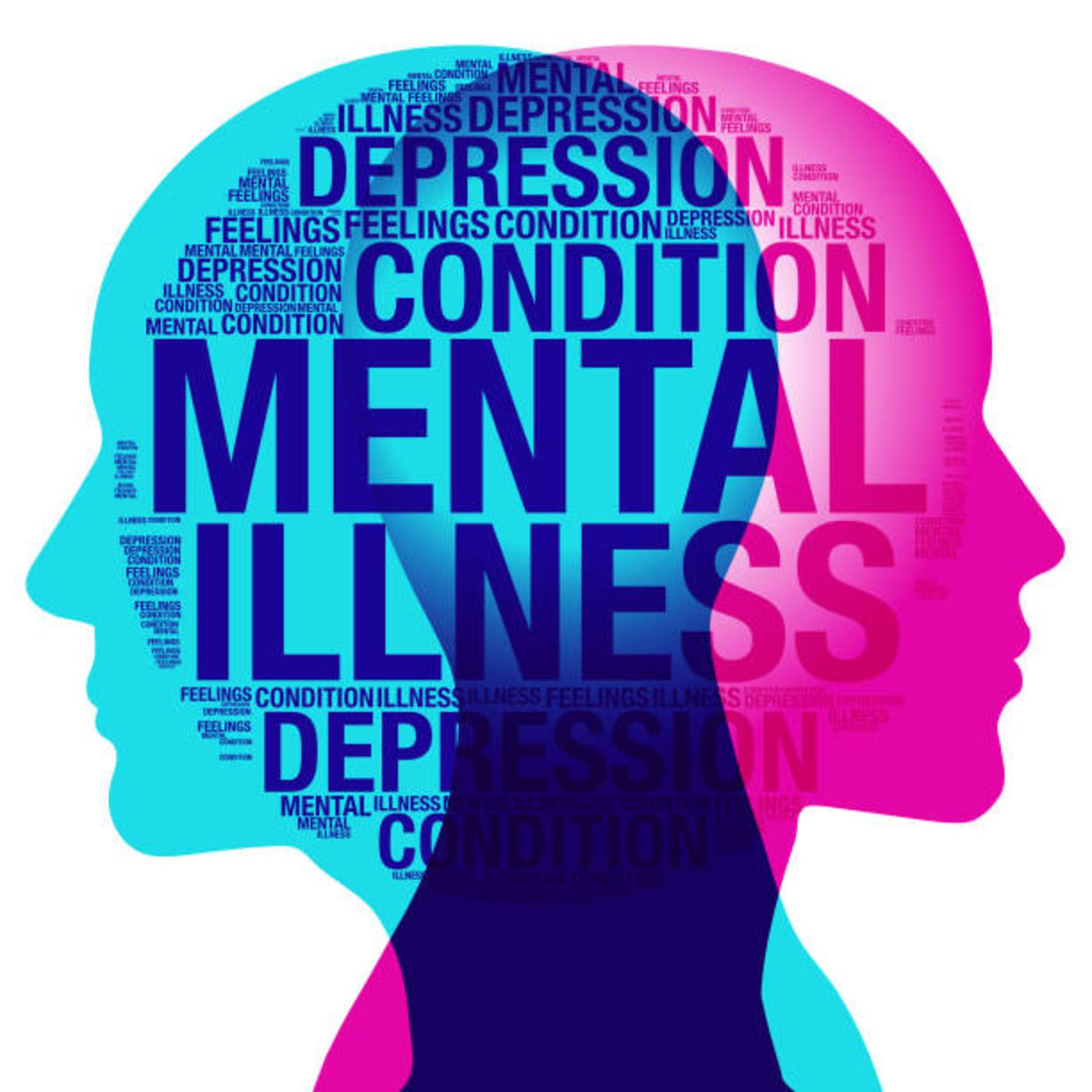Mental health challenges can significantly impact relationships, especially when one partner is struggling. Understanding how to support a loved one dealing with mental health issues is crucial for maintaining a healthy relationship and fostering emotional well-being. This guide provides insights into the complexities of mental health in relationships and practical strategies for supporting a partner in need.
Understanding Mental Health Issues
1. Recognizing Common Mental Health Conditions
Mental health encompasses a wide range of conditions, including anxiety disorders, depression, bipolar disorder, and more. Understanding these conditions is essential for providing effective support.
- Depression: Characterized by persistent sadness, loss of interest in activities, and changes in sleep and appetite. Partners may feel helpless or frustrated when witnessing a loved one struggle with these symptoms.
- Anxiety Disorders: Individuals with anxiety disorders often experience excessive worry, fear, and panic attacks. This can lead to avoidance behaviors that impact the relationship.
2. Understanding the Impact on Relationships
Mental health issues can strain relationships in various ways. Partners may feel overwhelmed by their loved one’s symptoms, leading to frustration, confusion, or even resentment. Additionally, the person struggling with mental health may experience feelings of guilt or shame, complicating communication and emotional intimacy.
Open Communication
1. Encouraging Honest Conversations
Open communication is essential in any relationship, but it becomes even more critical when one partner is struggling with mental health issues.
- Create a Safe Space: Foster an environment where your partner feels safe to express their feelings without fear of judgment. Let them know you’re there to listen and support them.
- Ask Open-Ended Questions: Encourage your partner to share their experiences by asking open-ended questions. For example, “How are you feeling today?” or “What can I do to support you right now?” This invites dialogue and shows your willingness to engage.
2. Practice Active Listening
Active listening involves fully focusing on your partner, understanding their feelings, and responding thoughtfully. This practice can help your partner feel heard and validated.
- Avoid Interrupting: Allow your partner to share their thoughts without interruption. This demonstrates respect for their feelings and encourages openness.
- Reflect Back: After your partner shares, reflect back what you heard to ensure understanding. This shows that you are engaged and care about their experience.
Educate Yourself About Mental Health
1. Understanding Mental Health Conditions
Take the initiative to educate yourself about your partner’s specific mental health condition. Understanding the symptoms, treatment options, and challenges can enhance your ability to provide support.
- Research Resources: Read books, articles, and reputable websites dedicated to mental health. This knowledge can help you empathize with your partner’s experiences and recognize their challenges.
- Encourage Professional Help: If your partner is not already receiving treatment, gently encourage them to seek professional help. Offer to help them find a therapist or accompany them to appointments if they’re comfortable with that.
2. Learn About Treatment Options
Understanding the various treatment options available, such as therapy, medication, and support groups, can help you guide your partner in their recovery journey.
- Support Their Choices: Respect your partner’s decisions regarding their treatment. Some may prefer therapy, while others may opt for medication. Show your support for their choices and offer encouragement along the way.
Provide Practical Support
1. Be There for Them
Sometimes, the most helpful thing you can do is simply be present. Let your partner know you’re there for them, ready to listen or help in any way they need.
- Check-In Regularly: Make it a point to check in with your partner regularly, asking how they are feeling and if they need anything. Consistent support can help alleviate feelings of isolation.
- Engage in Activities Together: Encourage your partner to engage in activities that they enjoy or find relaxing. Whether it’s going for a walk, watching a movie, or cooking together, spending quality time can strengthen your bond.
2. Help with Daily Tasks
Mental health challenges can make it difficult for individuals to manage daily responsibilities. Offer to help with tasks that may feel overwhelming for your partner.
- Assist with Household Chores: Help with cleaning, cooking, or running errands. These small acts of support can significantly reduce stress and demonstrate your care.
- Encourage Self-Care: Remind your partner to prioritize self-care activities, such as exercise, proper nutrition, and sufficient sleep. You can even participate in these activities together to promote a sense of connection.
Set Boundaries and Practice Self-Care
1. Recognize Your Own Needs
Supporting a partner with mental health issues can be emotionally taxing. It’s essential to recognize your own needs and set boundaries to prevent burnout.
- Identify Your Limits: Reflect on what you can and cannot handle. If you find yourself feeling overwhelmed, communicate this to your partner and discuss how you can both prioritize your well-being.
- Take Time for Yourself: Engage in self-care activities that recharge you, whether it’s spending time with friends, pursuing hobbies, or practicing mindfulness.
2. Seek Support for Yourself
Consider seeking support for yourself as you navigate this challenging situation.
- Join a Support Group: Many communities offer support groups for partners of individuals with mental health issues. Connecting with others who share similar experiences can provide valuable insights and emotional relief.
- Talk to a Professional: Speaking with a therapist can help you process your feelings and develop coping strategies to support your partner while maintaining your well-being.
Conclusion
Supporting a partner struggling with mental health can be challenging, but it is also an opportunity to strengthen your relationship and foster emotional intimacy. By practicing open communication, educating yourself about mental health, providing practical support, and prioritizing self-care, you can create a nurturing environment for your partner and yourself.
Remember that mental health is a journey, not a destination. Encourage your partner to seek professional help, and be patient as they navigate their challenges. With love, understanding, and commitment, you can support your partner in their mental health journey while maintaining your own well-being. Together, you can break the stigma surrounding mental health and create a strong foundation for a healthy, supportive relationship. You can visit Health Dady to get more information.




